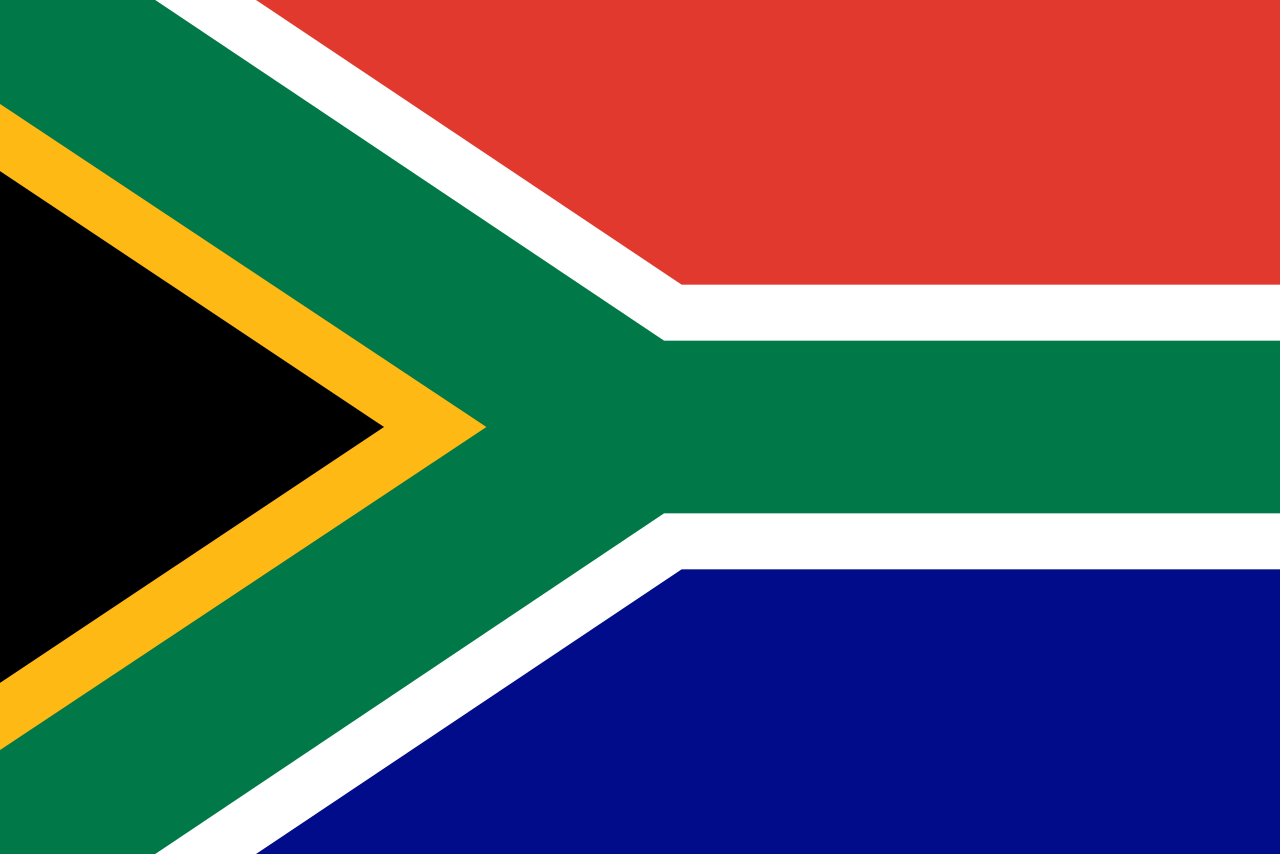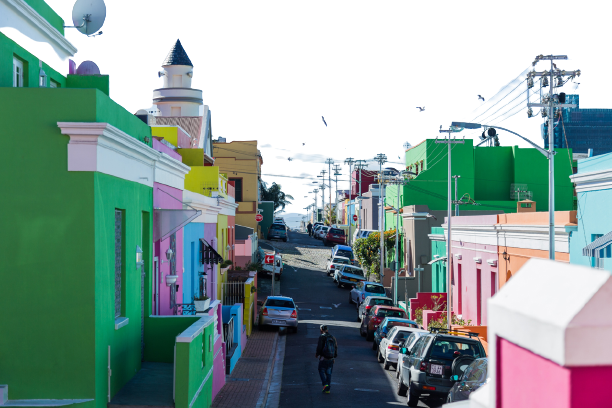

South Africa has 11 official languages: Zulu, Xhosa, Afrikaans, English, Pedi, Tswana, Southern Sotho,
Tsonga, Swazi, Venda, and Southern Ndebele (in order of first language speakers). In this regard it is fourth
only to Bolivia, India, and Zimbabwe in number. While all the languages are formally equal, some languages are
spoken more than others. According to the 2011 census, the three most spoken first languages are Zulu (22.7%),
Xhosa (16.0%), and Afrikaans (13.5%).
Although English is recognised as the language of commerce and science,
it is only the fourth most common home language, that of only 9.6% of South Africans in 2011; nevertheless, it
has become the de facto lingua franca of the nation. Estimates based on the 1991 census suggest just under
half of South Africans can speak English. It is the second most commonly spoken language outside of the
household, after Zulu.
The country also recognises several unofficial languages, including Fanagalo, Khoe, Lobedu, Nama, Northern
Ndebele, Phuthi, and South African Sign Language. These unofficial languages may be used in certain
official uses in limited areas where it has been determined that these languages are prevalent. Many of the
unofficial languages of the San and Khoekhoe peoples contain regional dialects stretching northwards into
Namibia and Botswana, and elsewhere.
These people, who are a physically distinct population from the Bantu
people who make up most of the Black Africans in South Africa, have their own cultural identity based on their
hunter-gatherer societies. They have been marginalised to a great extent, and the remainder of their languages
are in danger of becoming extinct.
White South Africans may also speak European languages, including Italian, Portuguese (also spoken by black
Angolans and Mozambicans), Dutch, German, and Greek, while some Indian South Africans speak Indian languages,
such as Gujarati, Hindi, Tamil, Telugu, and Urdu. French is spoken by migrants from Francophone Africa.